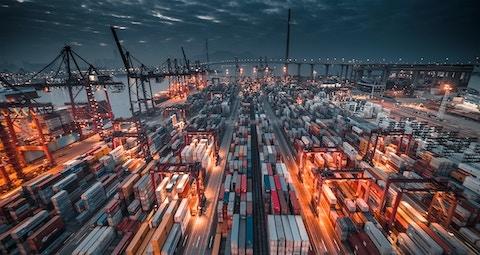Decarbonisation of global shipping may be controversial - new research finds

Researchers from the University of Southampton and Massey University, New Zealand have provided the first measurements of public reaction to alternative low-carbon maritime fuels. Ships carry the vast majority of global trade but contribute ~3% of global CO2 emissions leading to global warming and pollution and there is an urgent need to find alternatives to burning of marine oil and diesel.
Presently clean approaches to powering ships such as batteries do not have the capacity to power long range shipping. Consequently, the shipping industry is considering alterative low carbon fuels such as hydrogen, ammonia, biofuels and shipboard nuclear reactors. All of these approaches come with new risks and challenges., and no optimal solution is apparent. To date research on alternative fuels has not considered public opinion; it remains unclear whether the public will support alternative shipping fuels, or whether public opposition might prevent or defer their deployment.
Using market research methodologies, a representative sub-set of the UK population (n=992) were asked which attributes they associated with different fuels for shipping. These data were used to infer positive and negative associations of different fuels including existing and future alternatives. Findings reveal that biofuels and hydrogen are clearly favoured, owing to biofuel’s perceived low risk and hydrogen’s lack of negative by-products. Despite lingering stigma, nuclear is preferred over the incumbent heavy fuel oil, though both are perceived negatively. However, the UK public strongly dislike ammonia, perceiving it as unproven, risky, and lacking availability.
To date there has been little consideration of public reaction to options for the decarbonised shipping industry. This research highlights the potential for controversy in this area and the urgent need to involve and consult the public as part of the development and widespread deployment of alternative low-carbon maritime fuels. Listening to public views is especially important because many of the world’s largest ports are in the middle of major cities where mishandling of industrial substances could have regional impacts.
Carlisle, D.P., Feetham, P.M., Wright, M.J., Teagle, D.A.H., 2023. Public response to decarbonisation through alternative shipping fuels, 2023 Environment, Development and Sustainability; https://doi.org/10.1007/s10668-023-03499-0